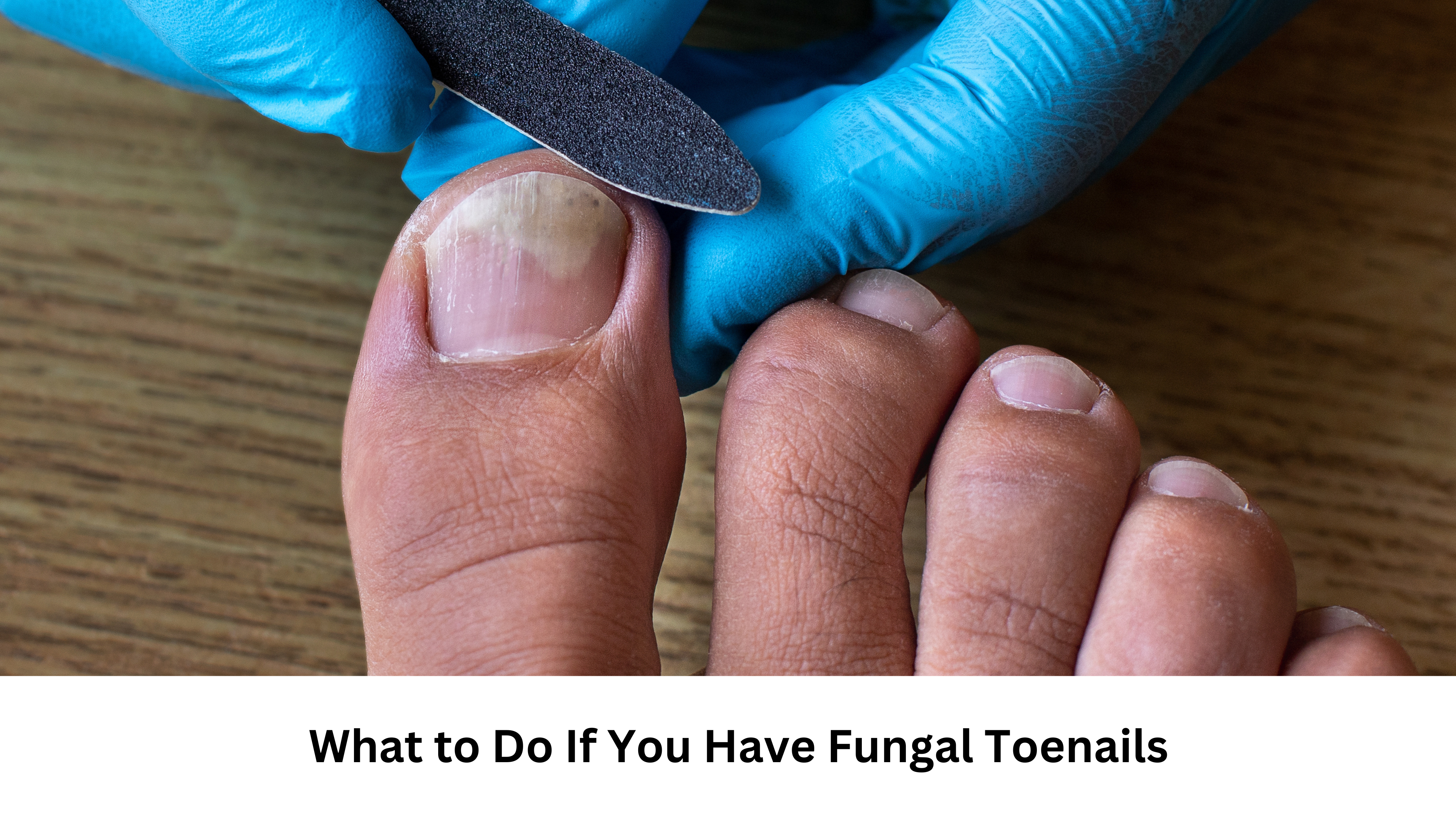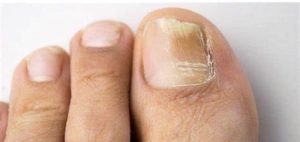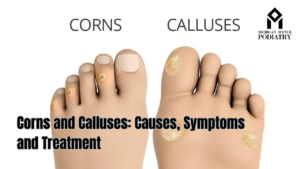Fungal toenails, also known as onychomycosis, are a common condition that can cause discomfort and embarrassment. Understanding how to treat and prevent fungal toenails is essential for maintaining healthy feet. This blog will explore effective treatment options and preventive measures, particularly for residents of Illinois, including Chicago, Elmhurst, Tinley Park, Downtown Chicago, and Flossmoor.
What Are Fungal Toenails?
Fungal toenails occur when a fungal infection affects the toenails, leading to discoloration, thickening, and potential crumbling of the nail. This condition can cause discomfort and is often accompanied by an unpleasant odor.
Causes of Fungal Toenails
- Fungal Infections:
The most common cause is dermatophytes, a type of fungus that thrives in warm, moist environments. - Moisture:
Environments such as swimming pools, gyms, and communal showers can foster fungal growth. - Poor Foot Hygiene:
Neglecting foot care can increase the risk of fungal infections. - Trauma to the Nail:
Injury to the toenail can allow fungi to enter and infect the nail bed. - Weakened Immune System:
Individuals with weakened immune systems or underlying health conditions may be more susceptible to fungal infections.
Treatment Options for Fungal Toenails
- Topical Antifungal Treatments
What to Do:
Over-the-counter antifungal creams or ointments can be applied directly to the infected toenails. These treatments may take several weeks or months to be effective. - Oral Antifungal Medications
What to Do:
If topical treatments are ineffective, your healthcare provider may prescribe oral antifungal medications. These are often more effective but can have side effects, so they should be taken under medical supervision. - Medicated Nail Polish
What to Do:
Some antifungal nail polishes can be used to treat mild cases of fungal toenails. They are typically applied once a week and can help improve the appearance of the nails over time. - Debridement
What to Do:
A podiatrist may recommend debridement, which involves removing the infected nail or debris from the nail bed. This can help topical treatments penetrate more effectively. - Laser Therapy
What to Do:
Laser treatment is a newer option for fungal toenails. It uses focused light to kill the fungi and can be an effective treatment for stubborn cases. - Home Remedies
What to Do:
Some people find relief using home remedies such as vinegar soaks, tea tree oil, or essential oils. However, these remedies are not scientifically proven and should be used with caution.
Prevention Tips
- Maintain Good Foot Hygiene:
Regularly wash and dry your feet, paying special attention to the spaces between your toes. - Choose Breathable Footwear:
Wear shoes made of breathable materials and avoid tight-fitting footwear that traps moisture. - Use Antifungal Powder:
Applying antifungal powder to your feet and inside your shoes can help keep them dry and reduce the risk of infection. - Avoid Walking Barefoot in Public Areas:
Use flip-flops or water shoes in communal showers, swimming pools, and locker rooms to minimize exposure to fungi. - Trim Nails Regularly:
Keep your toenails trimmed and filed to reduce the likelihood of fungi entering the nail bed. - Treat Athlete’s Foot Promptly:
If you notice any signs of athlete’s foot, such as itching or redness, treat it promptly to prevent it from spreading to your toenails.
When to See a Podiatrist
If you suspect you have fungal toenails, especially if the condition worsens or doesn’t improve with home treatment, it’s important to consult a podiatrist. They can provide a proper diagnosis and recommend an effective treatment plan tailored to your needs.
Conclusion
Fungal toenails can be a frustrating condition, but with the right treatment and preventive measures, you can maintain healthy feet. If you’re experiencing persistent issues, especially if you live in Illinois, including Chicago, Elmhurst, Tinley Park, Downtown Chicago, or Flossmoor, reach out to a healthcare provider or podiatrist for professional advice. Don’t let fungal toenails hold you back—take action for healthier, happier feet today!




